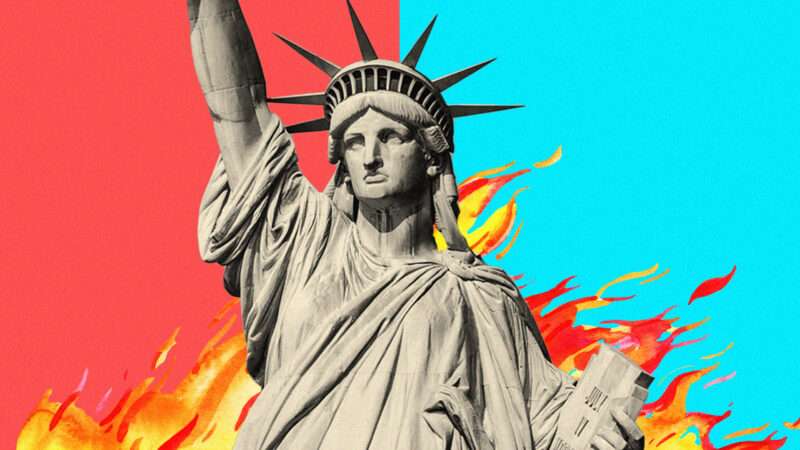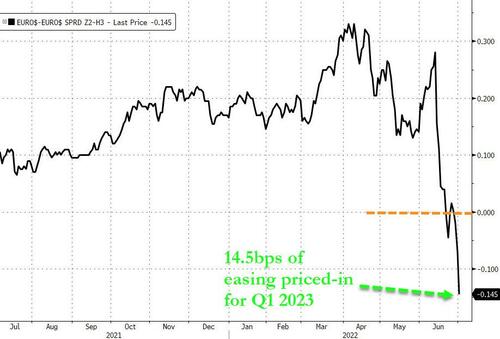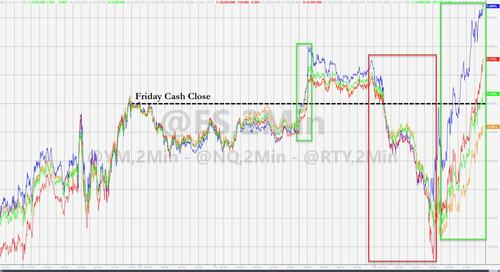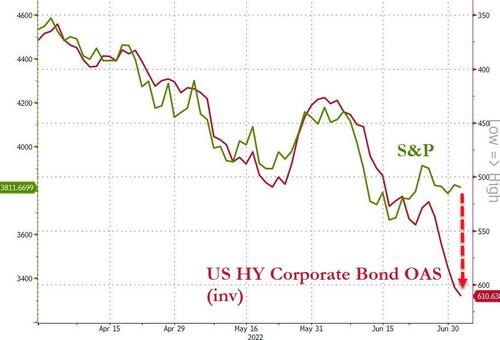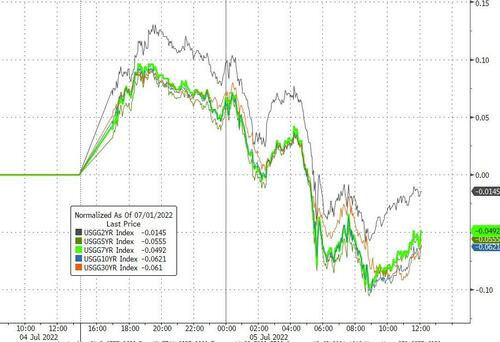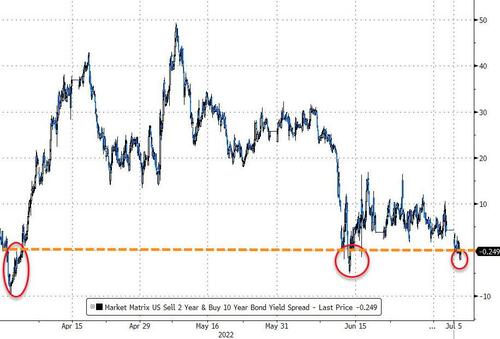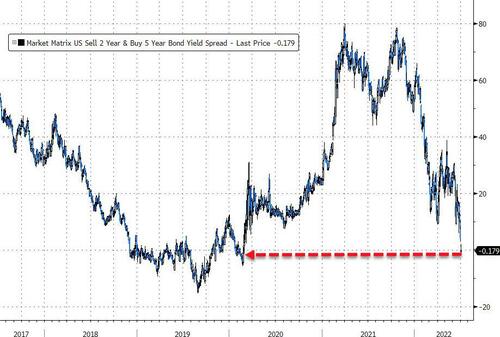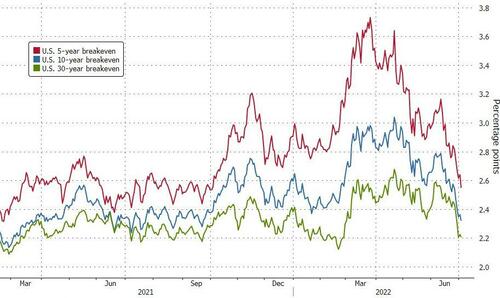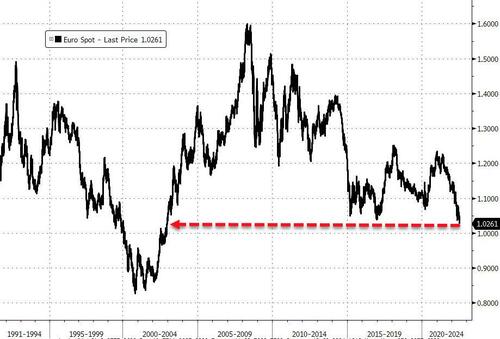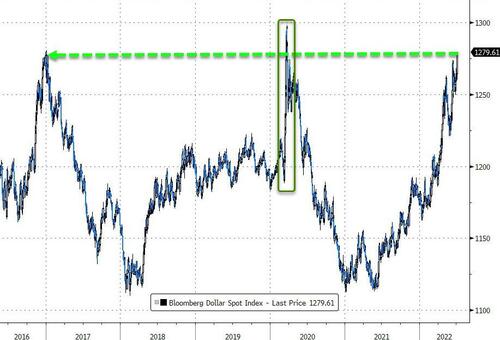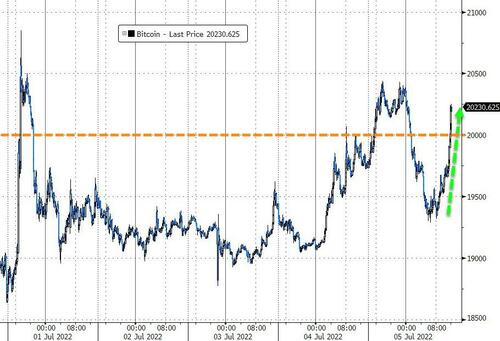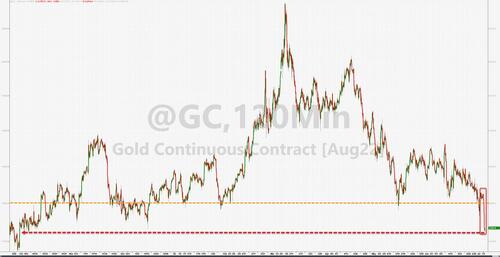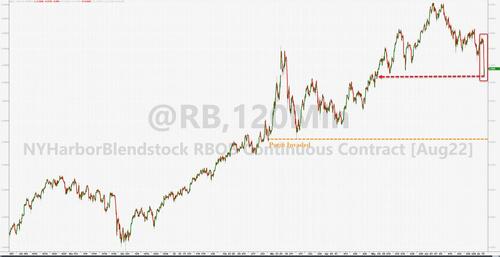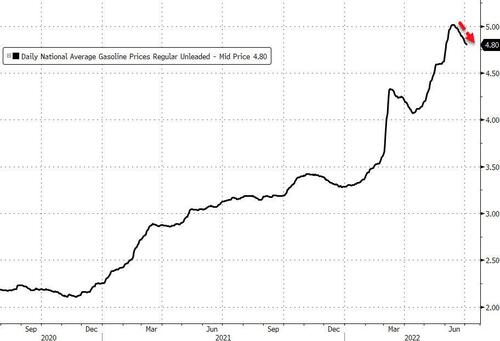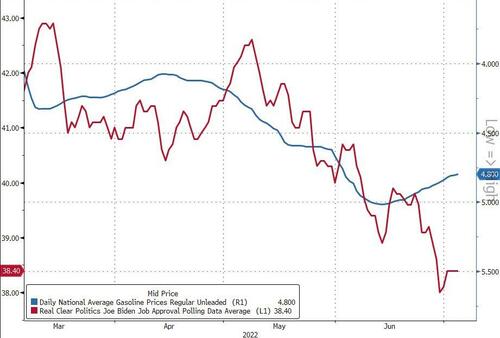

It went almost unnoticed amidst the dramatic legal developments at the Supreme Court. But, on May 17, US Court of Claims – the trial court that hears takings claims against the federal government – rejected a takings claim against the federal eviction moratorium, that had earlier been struck down the Supreme Court as beyond the powers of the Centers for Disease Control (CDC), which had enacted and reenacted it at the behest of first the Trump White House and later Biden. The takings case continued even after the moratorium ended, because the plaintiff property owners still sought compensation for the losses they suffered during the roughly 11-month period that the moratorium was in effect before the Supreme Court invalidated it.
In a post written when the takings lawsuit was first filed, I explained why the argument that eviction moratoria qualify as takings requiring compensation under the Fifth Amendment was boosted by the Supreme Court’s 2021 ruling in Cedar Point Nursery v. Hassid:
A key reason why such claims faced bleak prospects [before] is that Supreme Court precedent made it very difficult for property owners to prevail in a takings case if the government imposed a merely “temporary” physical occupation of their land. It was often difficult to tell the difference between a temporary occupation and a permanent one. But the CDC had a strong argument that the eviction moratorium was temporary, because each successive extension of the order included a specific time limit, generally only a few weeks in the future.
Cedar Point changes that. Now, at least a as a general rule, “a physical appropriation is a taking whether it is permanent or temporary.” This makes potential takings challenges to the CDC order much stronger. A moratorium on evictions in situations where the property owner would otherwise have a right to remove the tenant pretty clearly imposes at least a temporary physical occupation against the owner’s will.
The Court of Claims ruling didn’t reject this reasoning. Instead, it ruled against the plaintiffs because the eviction moratorium was never properly authorized by Congress. Ironically, the Supreme Court’s ruling against the legality of the CDC’s policy actually helped the agency in the takings case:
To assert a viable takings claim against the United States, the government action in
issue must be duly authorized by Congress. See Del-Rio DrillingPrograms, In c. v. United States, 146 F.3d 1358, 1362-63 (Fed. Cir. 1998) (Ct. Cl. 19 78) (“a [T]ucker Act suit does not lie for an executive taking not authorized by Congress, expressly or by implication”)… Where, as here, a federal agency’s actions are not authorized, the actions “may be enjoinable, but they do not constitute [a] taking effective to vest some kind of title in the government and entitlement to just compensation in the owner or former owner.” Del-Rio,146 F.3dat1362….Addressing the CDC’s reliance upon the Public Health Service Act to support the
nationwide residential eviction moratorium at issue in this case, the Supreme Court characterized the government’ s arguments as “breathtaking” and “unprecedented,” explaining: “It strains credulity to believe that this statute grants the CDC the sweeping authority that it asserts.” Alabama Ass ‘n of Realtors,_ U.S. at _ , 141 S. Ct. at 2486, 2489 …. Vacating the stay of the district court’s ruling that the CDC lacked congressional authority to issue the eviction moratorium, the Supreme Court concluded: “If a federally imposed eviction moratorium is to continue, Congress must specifically authorize it…”
This result strikes me as perverse. Under the doctrine that only “authorized” government actions can qualify as takings, officials can get away with denying compensation if their policies were otherwise illegal. I can understand refusing to require taxpayers to pay compensation for the actions of rogue low-level officials acting on their own (so long as victims can sue the officials directly, as sadly often is not the case). But the eviction moratorium wasn’t undertaken by a few low-level miscreants. It was adopted at the behest of two successive presidents of the United States! That should be enough to qualify as official action requiring takings compensation (if what was done counts as a taking otherwise, of course).
That said, I recognize that the distinction between “authorized” and “unauthorized” government actions has a long history in takings precedent. The Court of Claims couldn’t simply overrule it all.
But, as Judge Armando Bonilla recognized in his opinoin, the precedent does distinguish “between conduct that is ‘unauthorized’ and conduct that is authorized but nonetheless unlawful.” The latter can still give rise to takings compensation. One way to distinguish between “unauthorized” and “authorized but unlawful” conduct is that the latter falls within the “normal duties” of the officials in question. The Court of Claims ruled that the sweeping nature of the eviction moratorium made it abnormal.
To my mind, the fact that the measure had a public health rationale (public health is the CDC’s main responsibility) still made it “normal” enough to to qualify as authorized but unlawful. True, it was unusually broad, and had a dubious legal rationale. But broad measures – may with dubious legal rationales – have become common during the Covid pandemic.
In addition, it’s worth emphasizing, once again, that the policy had the backing of the White House! If the support of successive presidents of different parties and widely divergent ideologies doesn’t count as “authorization” (even if still unlawful), I’m hard-pressed to figure out what does.
This case is going to be reviewed by the Federal Circuit on appeal. Perhaps it might eventually even get to the Supreme Court.
In the meantime, the issue of whether eviction moratoria qualify as takings is likely to also be addressed in cases challenging state and local moratoria. In many such situations, there is no question that the moratorium had legislative authorization. Thus, courts will have to fully consider the takings claims on the merits.
The federal eviction moratorium did not achieve the benefits advocates claimed for it, and its end did not lead to the “eviction tsunami” they predicted. Far from helping renters, moratoria, research by economists indicates that they lead to increases in the cost and declines in the availability of housing.
There may be a case for public assistance to renters (especially poor ones) during recessions or other times of crisis. But, if so, it is better for the government to subsidize rent than to try to foist the cost on landlords. If officials nonetheless insist on imposing eviction moratoria, they should have to pay takings compensation for it.
The post Federal Court of Claims Rejects Takings Claims Against CDC Eviction Moratorium appeared first on Reason.com.
from Latest https://ift.tt/cLbwBCn
via IFTTT
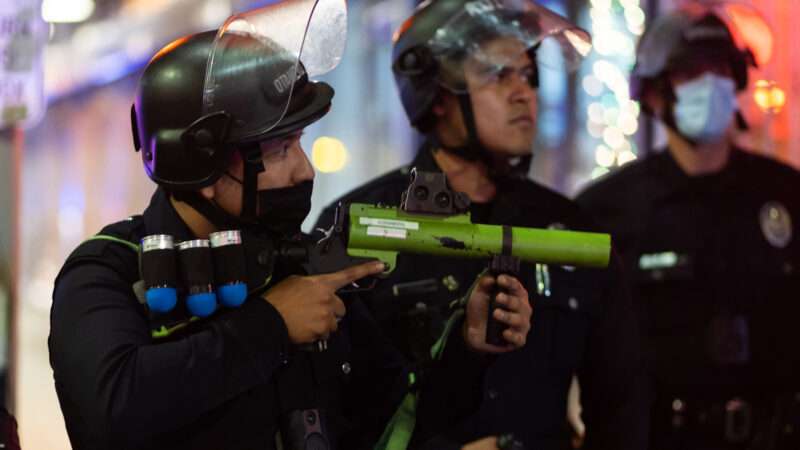
 (@VPS_Reports)
(@VPS_Reports) 